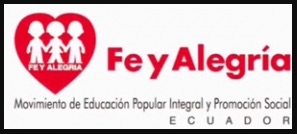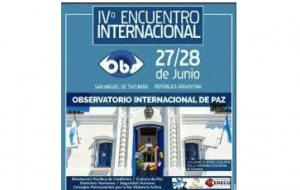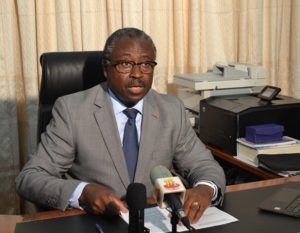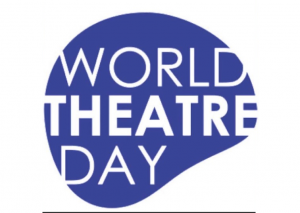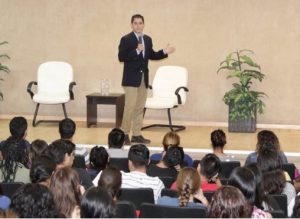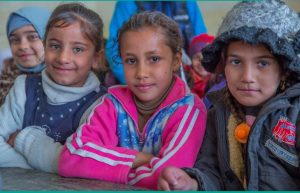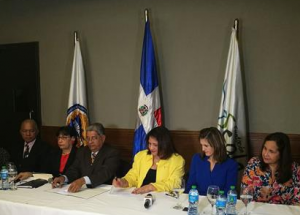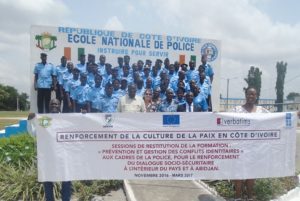EDUCATION FOR PEACE .
An article by Robert J. Burrowes, Anita McKone & Anahata Giri for the Transcend Media Service (abbreviated)
Dear fellow signatories of the Nonviolence Charter, How are you all? And welcome to our most recent signatories and organizations!
This is the latest six-monthly report on progress in relation to ‘The People’s Charter to Create a Nonviolent World’ together with a sample of news about Charter signatories and organizations.
Our collective effort to build a worldwide consensus against the use of violence in all contexts continues to make progress, even against rather overwhelming odds!

Since our last report on 18 October 2016 – which Antonio C. S. Rosa kindly published in the TRANSCEND Media Service Weekly Digest – we have gained our first individual signatories in another five countries – Azerbaijan (Nigar Rasulzade), Paraguay (Fernando Juan Cabrera Tarragó), Vietnam (Greg Kleven), Iran (Professor Manijeh Navidnia) and Venezuela (Antonio Gutiérrez Rodero) – a total of 101 countries now. We also have 109 organizations/networks from 35 countries. If you wish, you can see the list of organizational endorsements on the Charter website.
If you wish to see individual signatories, click on the ‘View signatures’ item in the sidebar. You can use the search facility if you want to look for a specific name.
The latest progress report article ‘International Collaboration to End Violence’ was recently distributed to many progressive news websites: it was published by a number of outlets in 14 countries, thanks to very supportive editors (several of whom are Charter signatories: special thanks to Antonio Rosa at TRANSCEND, Gifty Ayim-Korankye at ‘Ghana web Online’, Korsi Senyo at ‘Awake Africa’ and Pía Figueroa at ‘Pressenza’). If you like, you can read the article in English and Spanish, the latter translated by signatory Antonio G. Rodero in Venezuela, on ‘TRANSCEND’.
If you feel inclined to do so, you are welcome to help raise awareness of the Nonviolence Charter using whatever means are easiest for you: email, articles, Facebook, Twitter…. Thanks to Anahata, the Nonviolence Charter is on Facebook and it has links to some useful articles.
You may remember that in previous Charter progress reports we have reiterated our promise to report on those of you about whom we know less by asking you to send us some information about yourself and the reminder that you don’t have to be world famous to be valued here. Well, the good news is that, once again, a number of people responded and, in addition, we did some more research ourselves. However, as we continue to find, extraordinary people seem to invariably consider themselves ‘ordinary’. So, irrespective of how you consider yourself, we would love to hear about you for the next report!
In addition to those signatories mentioned in the article ‘International Collaboration to End Violence’ cited above, here is another (inadequate) sample of reports of the activities of ‘ordinary’ people and organizations who are your fellow Charter signatories.
So first: A couple of recent websites for those of you who are interested in nonviolent strategy for your campaign or liberation struggle (and now with photos of several Charter signatories):
Nonviolent Campaign Strategy
Nonviolent Defense/Liberation Strategy
(Article continued in right column)
Question for this article:
Can peace be guaranteed through nonviolent means?
(Article continued from left column)
[Editor’s note: Here are a few of the news items from individual signatories of the Charter. For all of the news items, go to the original article here
Sadly, Professor Glenn D. Paige, inspirational founder of the Center for Global Nonkilling in Honolulu passed away, after a struggle with declining health, on 22 January 2017. Communications with Glenn and Glenda in the final days revealed a man at peace with himself after a lifetime of effort to end killing. Rather than publishing a tribute written by someone else, you are welcome to read the text of Glenn’s acceptance speech when receiving an Honorary Doctorate of Humanities from Jagran Lakecity University in Bhopal, India in December. Your inspirational example will not be forgotten Glenn.
Our first signatory in Iran is Professor Manijeh Navidnia, professor of sociology at the Islamic Azad University in Teheran. The focus of much of Manijeh’s research is security studies. You can read a little about her and some of her research articles here. Welcome Manijeh! . . .
Antonio Gutiérrez Rodero is our first signatory in Venezuela. . . . ’In Venezuela we are now living a very hard time. I think we are really paying the price for having rebelled against the American-Zionist Empire interests and we are “guilty” of possessing and wanting to preserve for our people the largest oil reserve on earth, in addition to other mineral resources, water, climate, landscapes and biodiversity. Violence harasses us on all fronts, particularly the media. The opposition, in defense of the interests of US corporations, violently fights against the pro-socialist government of Nicolas Maduro.’ . . .
Sovannarun Tay has almost completed the Khmer translation of the Nonviolent Defense/Liberation Strategy website as part of his effort to raise awareness of the potential of nonviolent strategy to liberate Cambodia from its dictatorship. If you fancy your Khmer, you can see his translation here. . . .
We asked Greg Kleven, our first signatory in Vietnam, for some information about himself. Continuing the tradition of great people signing the Nonviolence Charter, here is what Greg wrote: ‘My name is Greg Kleven and I am a 68 year-old American living and teaching English in Viet Nam. I was 18 years old when I was here as a soldier in 1967 and thought that what I was doing was right. But after a few months in country I realized that I had made a huge mistake. The war was wrong and I should never have participated. After I went home I had a hard time adjusting back into society. I couldn’t get the war out of my mind. In 1988 I came back to Viet Nam as a tourist and realized I had a chance to make up for what I had done. For the next two years I helped organize return trips for veterans who wanted to go back and see Viet Nam as a country, not a war. In 1990 I started teaching English in Ho Chi Minh City and have been doing it ever since. I admire your work in trying to establish a nonviolence charter that can some day put an end to all wars and violence in the world. I have forwarded your website to some friends and hope that they will sign. Keep up the good work. Hoa binh (peace), Greg’. . . .
Working in extraordinarily difficult circumstances in the Democratic Republic of the Congo, Christophe Nyambatsi Mutaka is the key figure at the Groupe Martin Luther King. The group, based in Goma in the east of the country in Central Africa, promotes active nonviolence, human rights and peace. They particularly work on reducing sexual and other violence against women.
Also based in Goma, the Association de Jeunes Visionnaires pour le Développement du Congo headed by Leon Simweragi is a youth peace group that works to rehabilitate child soldiers as well as offer meaningful opportunities for the sustainable involvement of young people in matters that affect their lives and those of their community. . .
